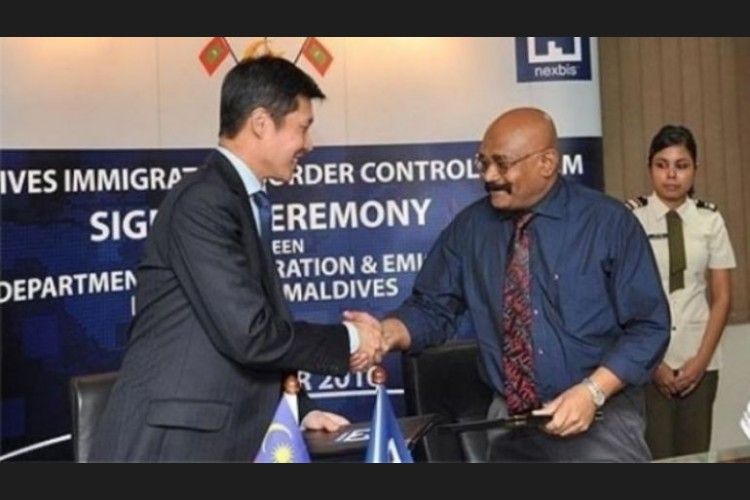Maldives settles US$18m arbitration payout to Nexbis
The Malaysia-based security firm won the arbitration award over the cancellation of a border control project.

12 Feb 2019, 09:00
The Maldivian government has paid US$18 million to Malaysia-based security firm Nexbis Solutions as compensation for the termination of a border control project in 2013.
The settlement was ordered by the International Arbitration Court in Singapore, which ruled in November 2016 that the cancellation of the agreement was illegal.
The payout was significantly lower than the US$272 million claimed as damages by Nexbis, but the previous administration decided not to accept the arbitration judgment despite numerous letters, the Attorney General’s office said in a statement last Wednesday.
“As a result, when Nexbis Ltd filed a case at the Singapore High Court seeking to register the [arbitration] award, it was determined that the award could be enforced in Singapore,” the AG office said.
Become a member
Get full access to our archive and personalise your experience.
Already a member?
Discussion
No comments yet. Be the first to share your thoughts!
No comments yet. Be the first to join the conversation!
Join the Conversation
Sign in to share your thoughts under an alias and take part in the discussion. Independent journalism thrives on open, respectful debate — your voice matters.




